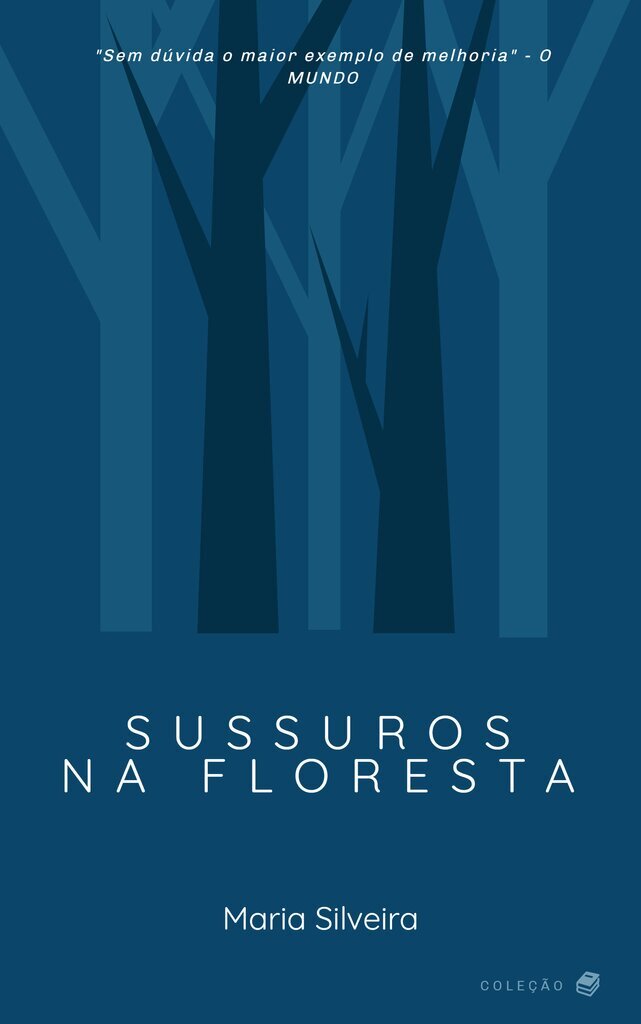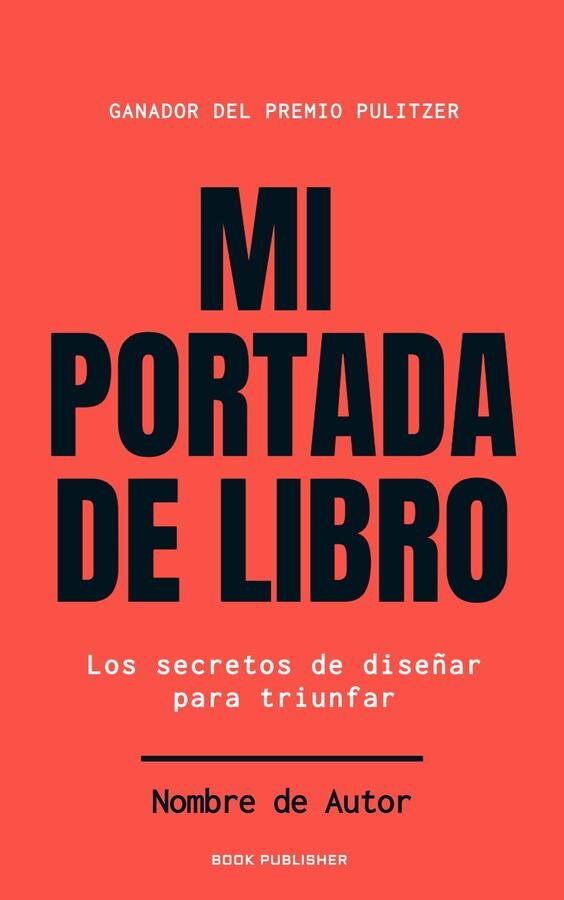
HOME
ABOUT US
TEAM
PROJECTS
PUBLICAÇÕES
Home
About us
Our Team
Projects
Media
Publications
zerocem
@zerocem
.org

territories
subjects
transitions
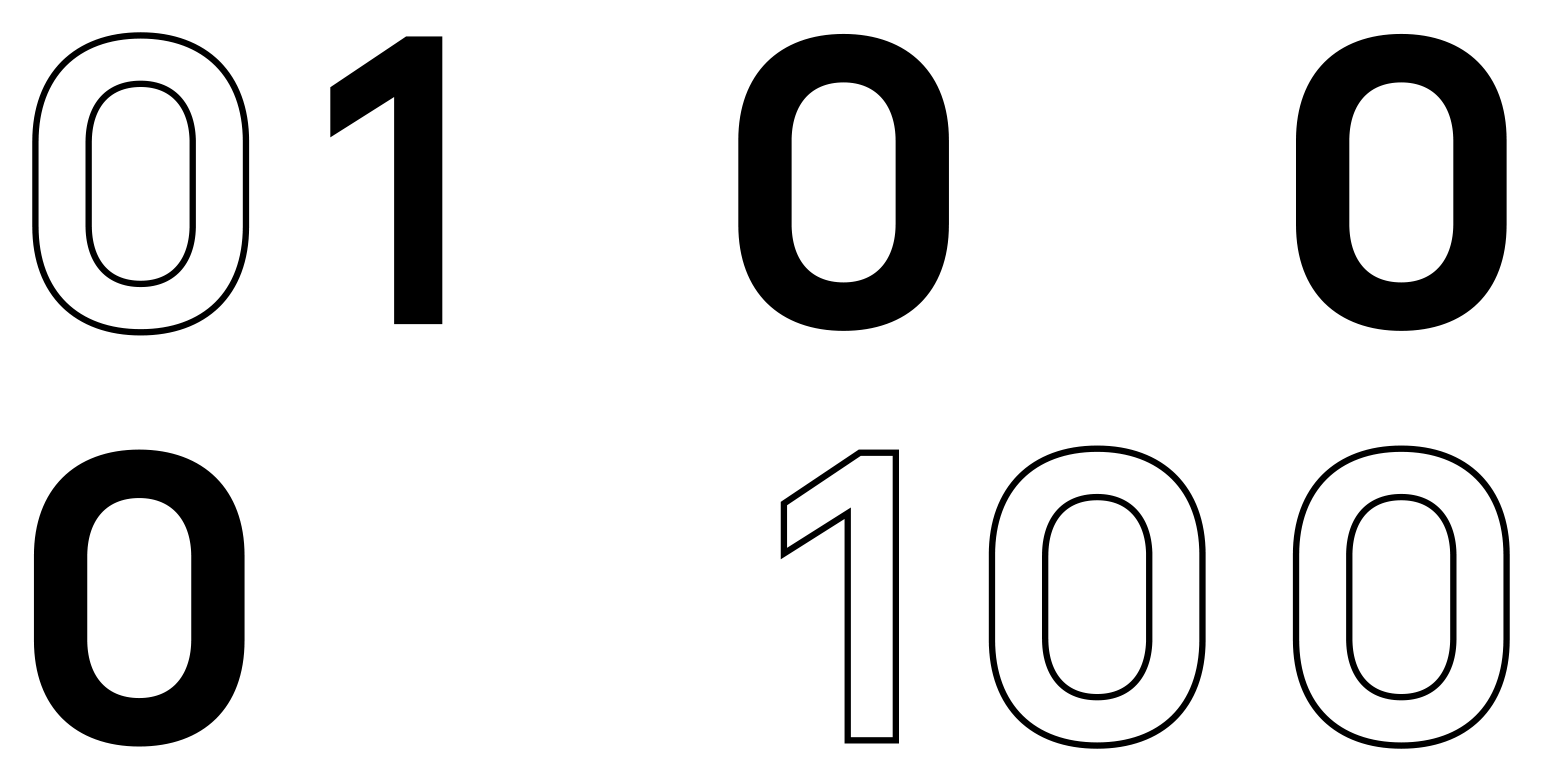
territories
subjects
transitions
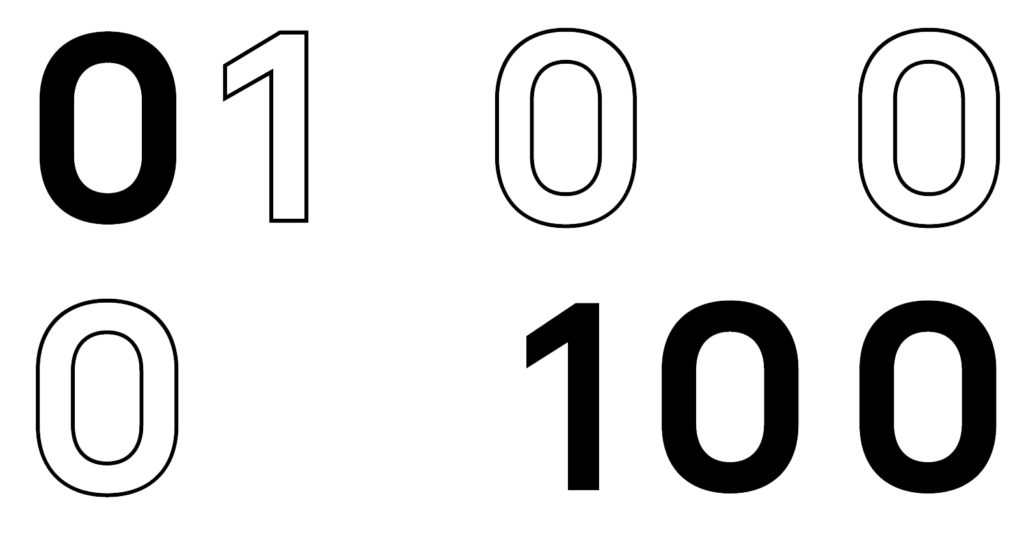
about us
ZeroCem is an institute of applied research with a focus on socio-spatial dynamics.
Our activity is centered on developing strategies for just socio-environmental transitions, based on a unique and systemic understanding of territories and the democratic engagement of the subjects that live and build them.
Territories
Territories are the places where all dimensions of life express themselves concretely. It’s where people form communities that create networks of support and care in everyday life, as well as possibilities for the future. They are arenas of dispute that can amplify or reduce the effects of socio-spatial inequalities and vulnerabilities.
In territories, public policy and the concrete challenges of a just socio-environmental transition become more tangible. In light of this, we need to recast our focus on our territoriality — our houses, gardens, neighborhoods, cities — as a way to propose political strategies that can restructure the understanding of the linkages between ourselves and our surroundings, connecting the local level to the international sphere.
Subjects
The subject, as author and actor, is the pivotal point that connects strategies at the local level to all other dimensions of political articulation. Therefore, promoting the engagement of multiple subjects — individuals, collectives, and institutions — is critical to the development and expansion of citizenship.
The focus on subjects allows us to reveal an intersectional reading that brings together perspectives of race, gender, class, and other social markers, contributing to the efforts to consolidate democratic practices.
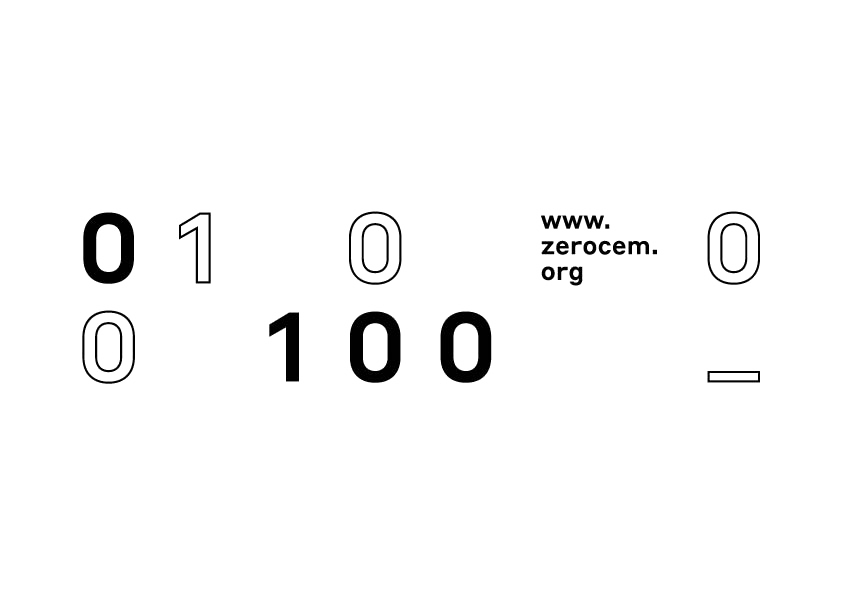
Transitions
The name of the institute represents our goal of investigating and structuring actions in support of just socio-environmental transitions:
The number “0” (“Zero” in Portuguese) is a calling for the radical imagination of ambitious and audacious strategies that confront and urgently eliminate existing inequalities and vulnerabilities.
The number “100” (“Cem” in Portuguese) is an indicator of a horizon of universalized rights. It points to our vision of the future, as well as to a methodology that subscribes to the importance of evidence-based decision making.
“0100” is a result of the combination of these numbers and it reveals not only a matrix of possibilities, but it also highlights the number “1” that represents the subjects. It symbolizes the power of building multiple pathways forward that will allow for strategies and prototypes to direct systemic and just socio environmental transitions, always taking into account the singularities of each territory and its agents.

OUR TEAM
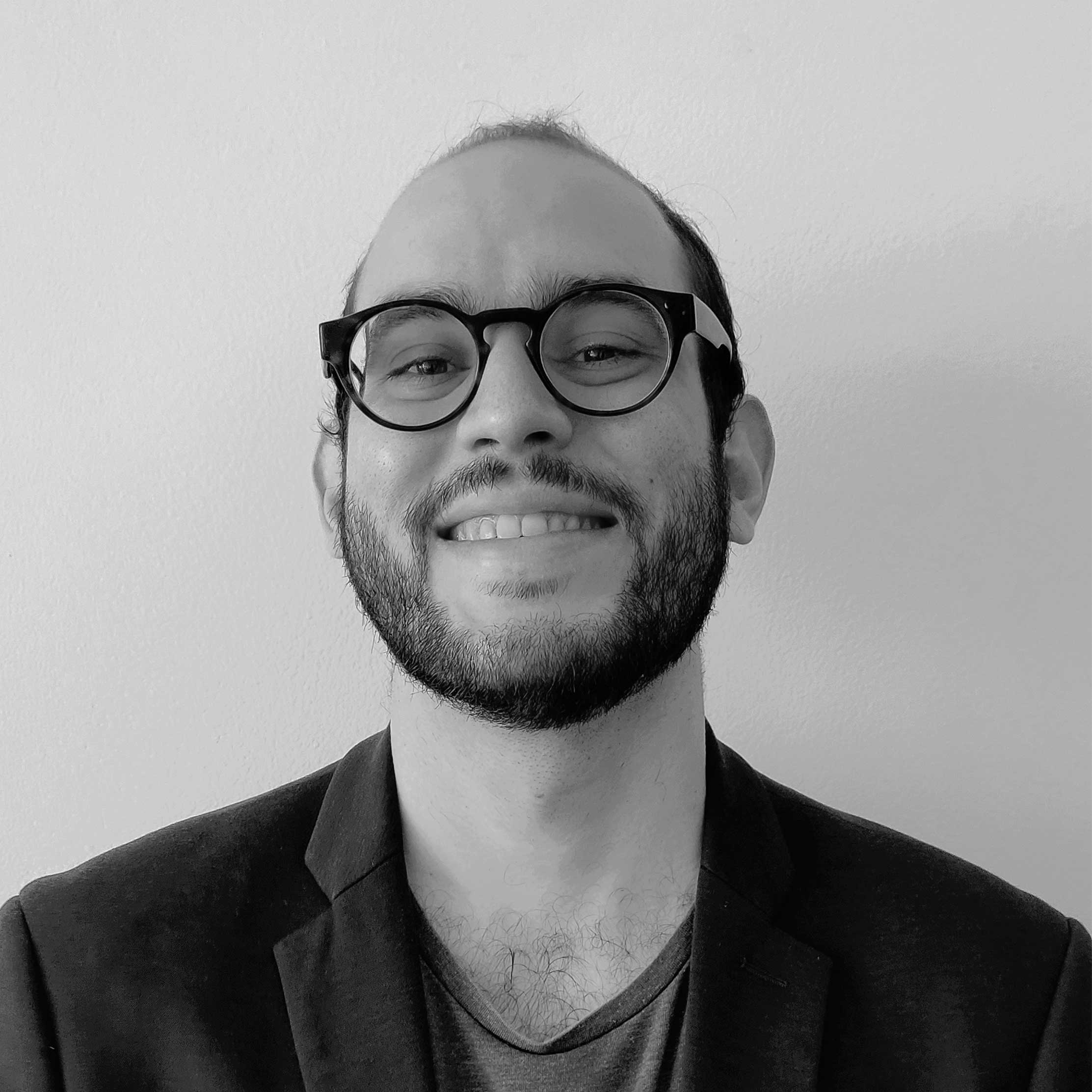
Alexandre Fontenelle-Weber
Executive Director
Lawyer
Doctoral candidate in Political Science at the University of São Paulo Master’s degree in Public International Law from the University of São Paulo
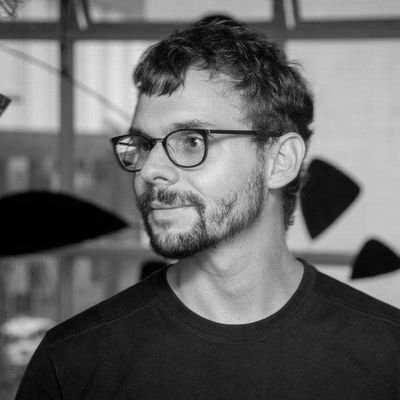
Fernando Túlio Salva Rocha Franco
Director of Institutional Relations
Architect and Urbanist
Doctoral candidate in Urban and Regional Planning at the University of São Paulo and researcher at ETH Zurich with a Swiss Government Excellence Scholarship.
Master’s degree in Public Policy from FGV
Professor of Social Urbanism at Insper and resident at Institute of Architects of Brazil – São Paulo’s Department
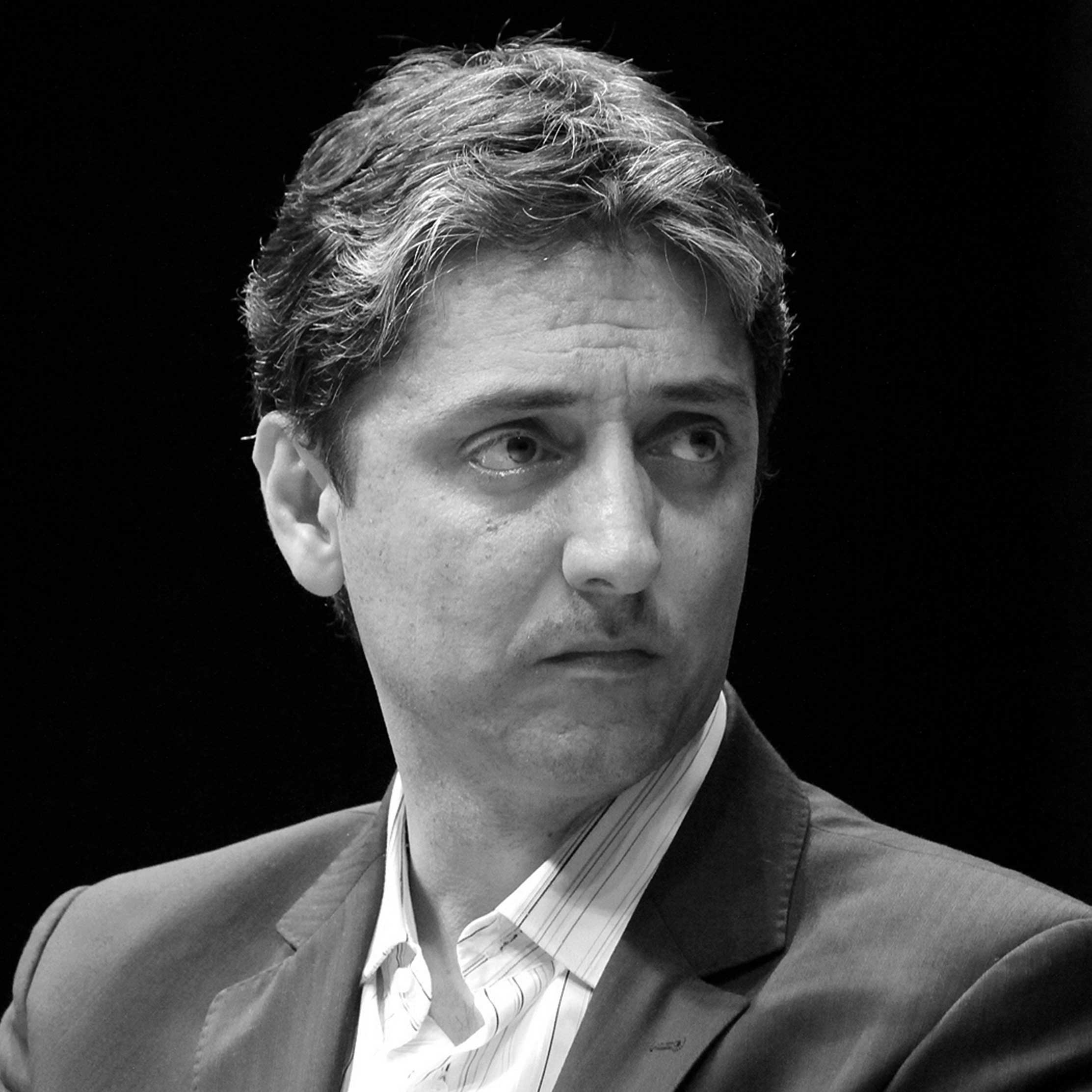
Fernando Mello Franco
Associate Director
Architect and Urbanist
Former Municipal Secretary for Urban Development in São Paulo.
Professor at Mackenzie University and senior-consultant in urban development
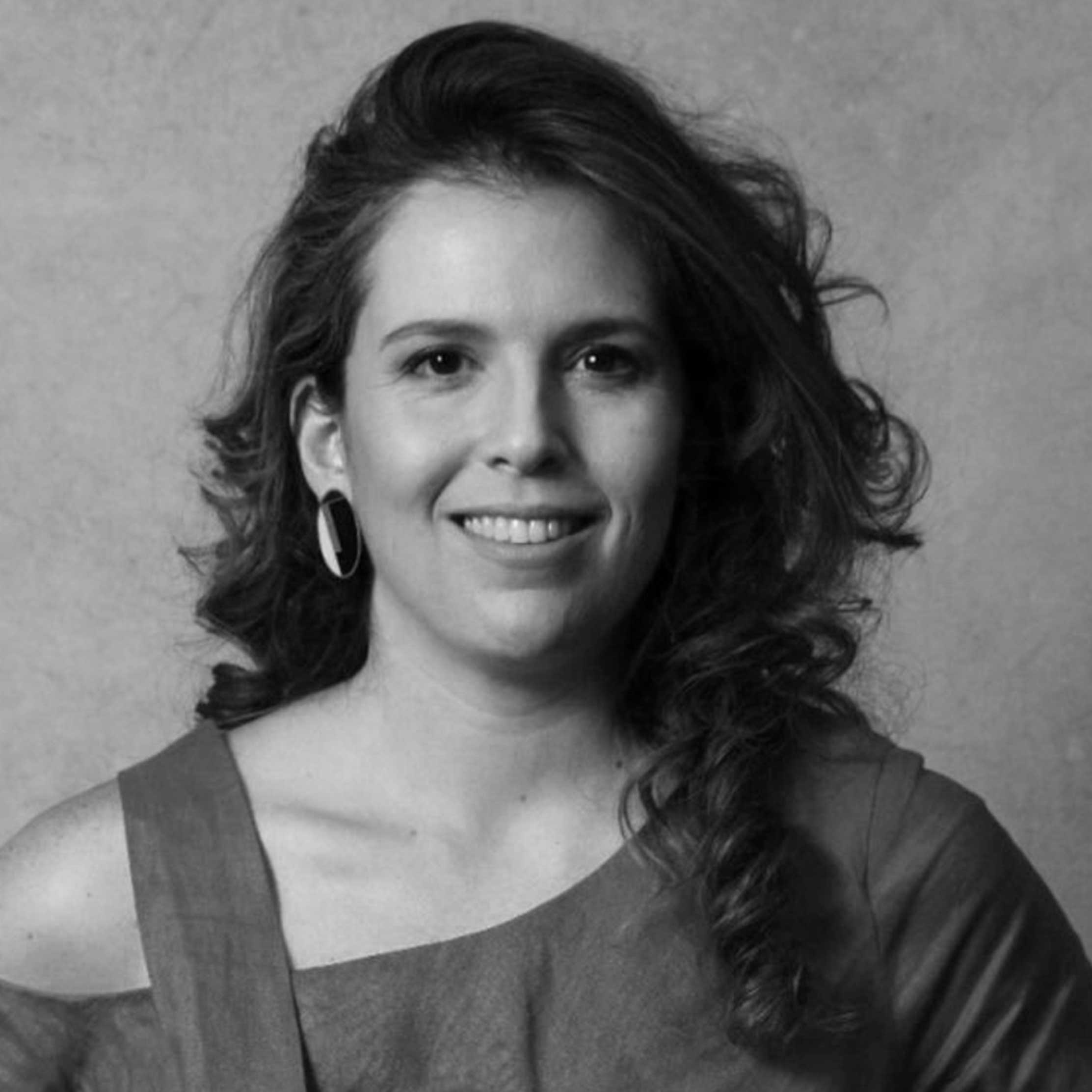
Mariana Chiesa
Gouveia Nascimento
Associate Director
PhD and Master’s degree in Public Law from the University of São Paulo.
Senior partner at “Manesco, Ramires, Perez, Azevedo Marques” law firm
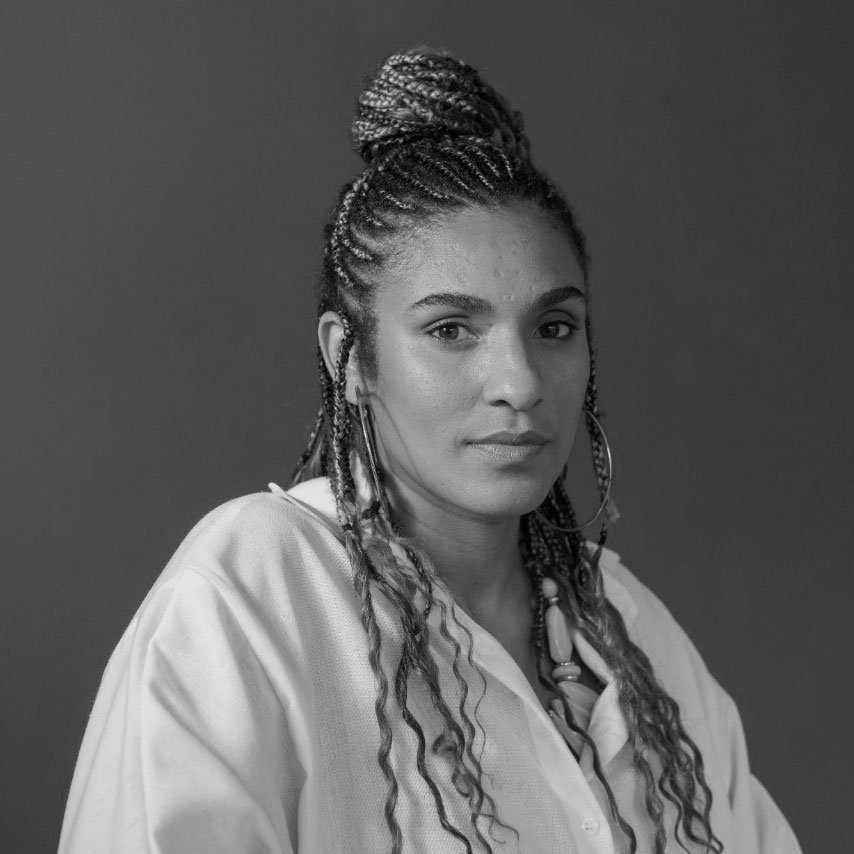
Gabriela de Matos
Associate Director
Architect and Urbanist
Founder of the Black Architects project.
Master’s candidate in Humanities at the University of São Paulo

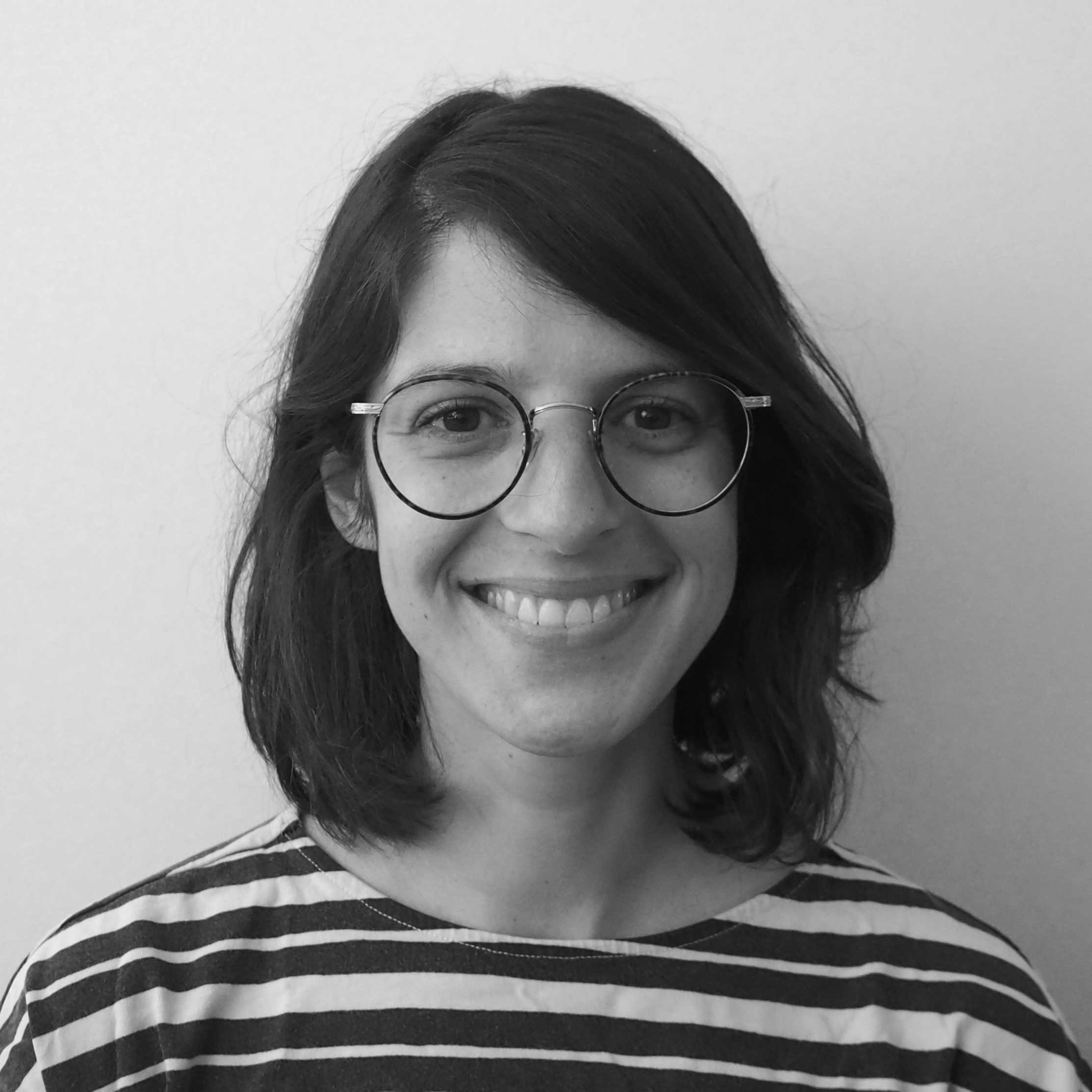
Giselle Mendonça Abreu
Associate Director
Architect and Urbanist
Doctoral candidate in City & Regional Planning at the University of California, Berkeley.
Master’s degree in Urban and Regional Planning from the University of São Paulo
Credits
Visual Design – Estúdio Campo (@estudiocampo)
Programming – Damany Santos (@damanysantos)


“Open Source Urbanism as a tool for green, inclusive and equitable transitions”
ROUNDTABLE – Youtube
Territórios, sujeitos e transições: por uma orientação política a partir do local
Nexo jornal – Article
Por que fiéis adotam o jejum como estratégia para vencer a fome
Nexo jornal – Artigo
Por que fiéis adotam o jejum como estratégia para vencer a fome
Nexo jornal – Artigo


